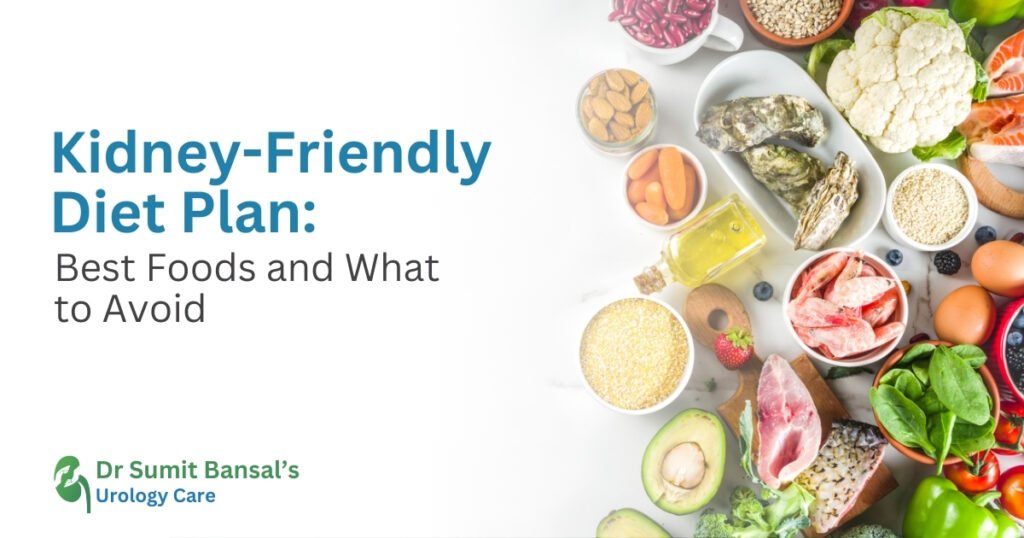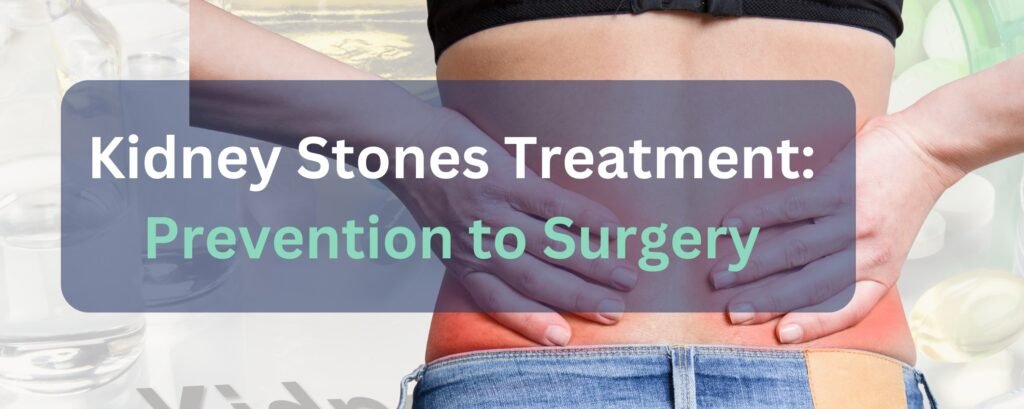Your kidneys are vital for filtering waste, maintaining fluid balance, and regulating essential minerals in your body. A healthy diet plays a crucial role in supporting kidney function, especially if you’re at risk of kidney disease or managing a chronic kidney condition. Here’s a detailed guide on a kidney-friendly diet, including what to eat and what to avoid.
✅ Best Foods for Kidney Health
1. Fresh Fruits (Low Potassium Options)
While fruits are rich in nutrients, some are better for kidney health due to their low potassium content.
Good choices include:
Apples
Grapes
Pineapple
Berries
Watermelon
These fruits are hydrating and easy on your kidneys.
2. Vegetables (Low in Potassium & Phosphorus)
Some vegetables can be high in potassium or phosphorus, which should be limited in a kidney-friendly diet.
Recommended veggies:
Cabbage
Cauliflower
Bell peppers
Onions
Green beans
Pro tip: Soaking and boiling vegetables can further reduce their potassium content.
3. Whole Grains (in Moderation)
While whole grains are healthy, some may be high in phosphorus.
Go for:
White rice
Refined pasta
Low-phosphorus breads
Unsweetened oatmeal (in small portions)
4. High-Quality Protein (Controlled Portions)
Too much protein can burden the kidneys, but moderate intake is essential.
Safe sources include:
Egg whites
Skinless chicken (grilled or boiled)
Fish (like salmon or rohu)
Tofu (in limited quantity)
5. Healthy Fats
Healthy fats provide energy and support cell health.
Options:
Olive oil
Flaxseed oil
Unsalted peanuts or almonds (in small quantities)
❌ Foods to Avoid in a Kidney Diet
1. High-Potassium Foods
When kidneys are compromised, potassium builds up in the blood and can be dangerous.
Avoid:
Bananas
Oranges
Tomatoes
Avocados
Potatoes (or leach them before cooking)
2. Processed and Packaged Foods
These are often high in sodium and unhealthy fats, which can raise blood pressure and damage the kidneys.
Avoid:
Chips
Instant noodles
Frozen meals
Packaged snacks
3. High-Sodium Foods
Excess sodium causes fluid retention and high blood pressure—both harmful for kidney health.
Watch out for:
Pickles
Canned soups
Restaurant food
Table salt (limit overall salt intake)
4. Foods Rich in Phosphorus
Too much phosphorus can weaken bones and strain the kidneys.
Limit or avoid:
Red meat
Cola drinks
Organ meats (like liver)
Dairy (switch to plant-based alternatives like almond milk)
5. Excessive Protein
High-protein diets can overload the kidneys, especially if you already have kidney disease.
Avoid high-protein crash diets. Always consult a urologist before making major dietary changes.
Tips for Managing a Kidney-Friendly Diet
Stay Hydrated – Drink adequate water unless restricted by your doctor.
Read Labels – Check for hidden sodium, potassium, and phosphorus in processed food.
Cook Fresh Meals – Home-cooked food allows better control over ingredients.
Follow a Personalized Diet Plan – Every kidney condition is different. Your diet should be customized based on your test results.
When to See a Urologist?
If you experience symptoms like swelling, frequent urination, fatigue, or elevated creatinine levels, it’s important to consult a kidney specialist. Dr. Sumit Bansal, a leading Urologist and Kidney Transplant Surgeon in Gurugram and Dwarka, offers comprehensive kidney care, including diagnosis, treatment, and dietary counseling tailored to your needs.
📞 Book an appointment today
📍 Manipal Hospital, Gurugram & Dwarka
📱 +91 9599 555 945


